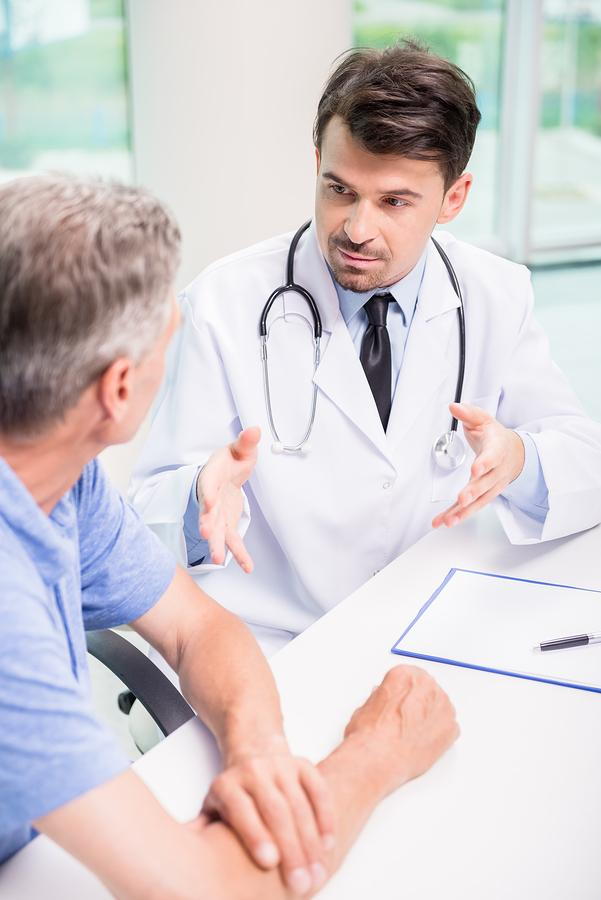Screening and diagnostic colonoscopies help protect your gastrointestinal health. The Orlando, FL, gastroenterologists at Digestive and  Liver Center of Florida discuss this important test.
Liver Center of Florida discuss this important test.
Colonoscopies offer a remote view of your large intestine
Colonoscopies allow gastroenterologists to view the lining of your large intestine without surgery. Miniature lights, cameras, and tools are attached to the end of a thin, flexible scope passed through your anus into your intestine. The scope transmits the images to a digital screen that your doctor views.
Why are colonoscopies recommended?
Colonoscopies are often used to find the source of gastrointestinal problems or screen for colon cancer. Screening colonoscopies are recommended at age 50 because more than 90 percent of people who develop the cancer are 50 or older, according to the American Society of Clinical Oncology. If you have had colon cancer in the past or at high risk of developing it, your gastroenterologist may recommend that you have your first colonoscopy before age 50.
What happens during a colonoscopy?
You can help ensure that your gastroenterologist has a clear view of your large intestine by following all the instructions you receive regarding colonoscopy prep. Although drinking the fluids that trigger diarrhea and making frequent trips to the restroom may not be pleasant, preparation is an important aspect of every colonoscopy.
You won't remember anything that happens during your colonoscopy because you'll receive a sedative or general anesthesia. After your gastroenterologist inserts the scope into your anus, he or she will slow pass it through your intestine. At the same time, gas will be inserted into your intestine to make it easier to see the digestive tract lining. If polyps are detected, they'll be removed during the procedure, then sent to a laboratory to determine if they're benign, pre-cancerous or cancerous.
After the colonoscopy, you'll spend about an hour in the Orlando recovery room to make sure that you have no ill effects from the sedative or anesthesia. Although you'll probably feel perfectly fine, you won't be able to drive until the next day. Your gastroenterologist will discuss the test with you before you leave, but you may also be asked to schedule a follow-up appointment to discuss your symptoms and lab results.
Is it time for your first colonoscopy, or are you concerned about a gastrointestinal illness? Call Digestive and Liver Center of Florida in Orlando, FL, at (407) 384-7388 to make an appointment.
